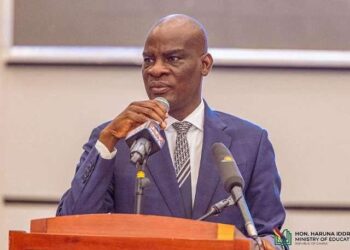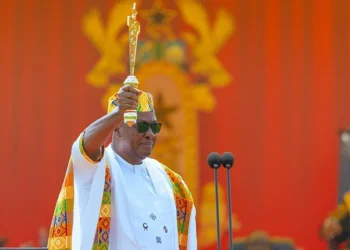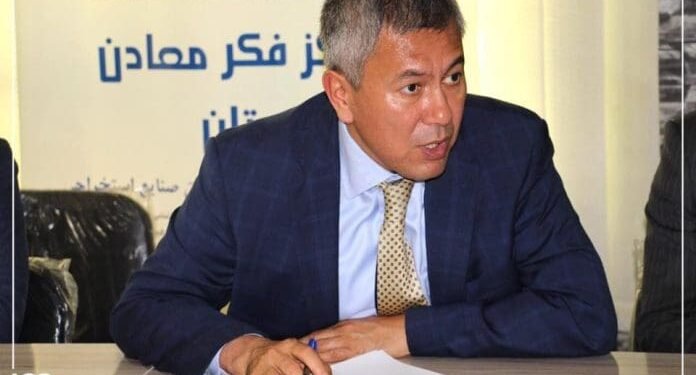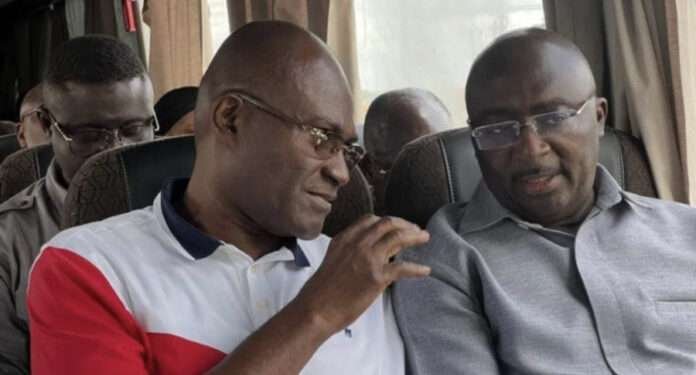Veteran journalist and former member of the Judicial Council, Elizabeth Ohene, has strongly condemned the removal of Chief Justice Gertrude Araba Esaaba Sackey Torkornoo, warning that the decision represents a dangerous precedent that undermines the judiciary and weakens Ghana’s democracy.
In a detailed commentary titled ‘The Third Arm of Government’ and later cited in an interview, Ohene described the move as a “short-term, high-handed enterprise” that the country will come to regret.
According to Ohene, some voices within the judiciary itself had supported the Chief Justice’s removal, claiming she was “too hard.” She argued, however, that such reasoning was not only shallow but also reckless, as it ignored the broader implications for judicial independence.
“Let all such people keep in mind that today it is Gertrude Araba Esaaba Sackey Torkornoo that is being tossed out, but in truth, the entire judiciary of Ghana, the Third Arm of Government has been fatally undermined”
Elizabeth Ohene, Former Member of the Judicial Council
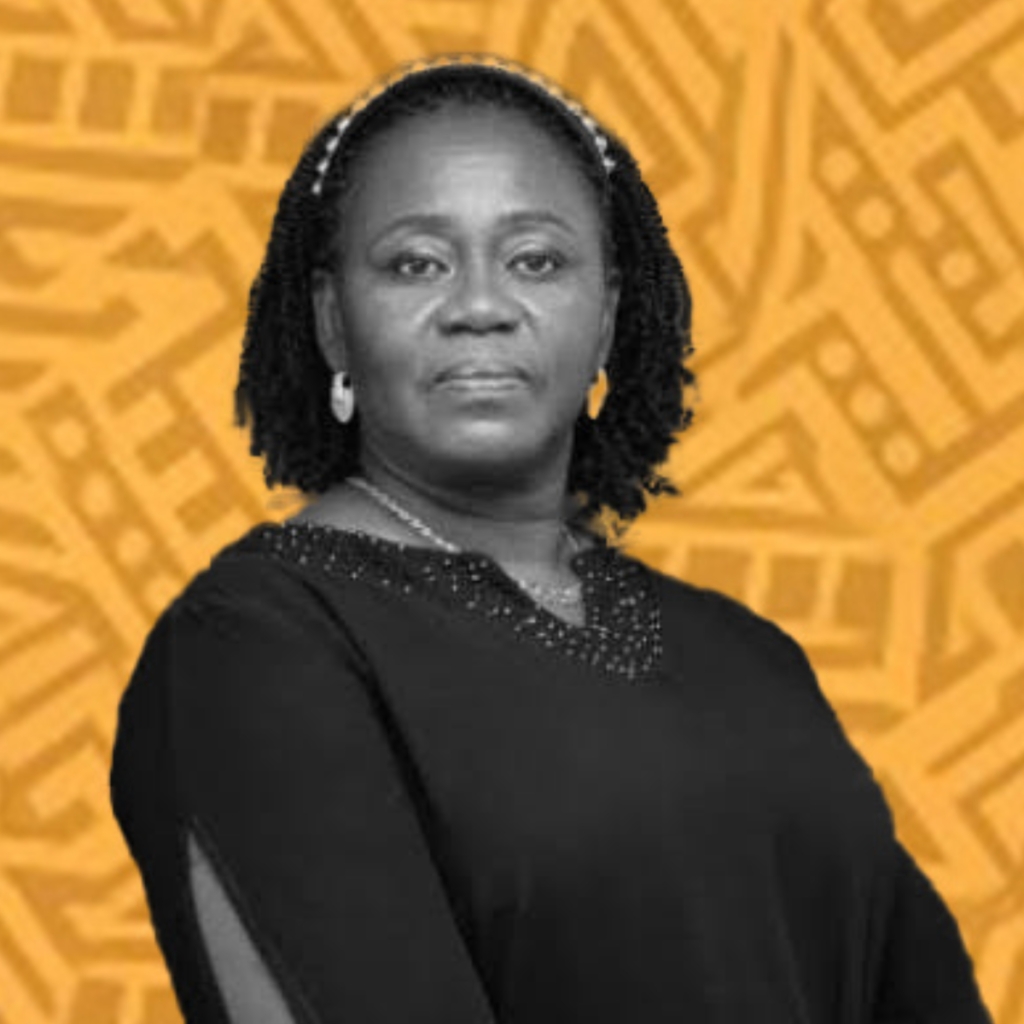
Ohene explained that her own service on the Judicial Council gave her a unique insight into the internal workings of the judiciary and how issues of accountability were handled. She recalled in particular a time when then – Chief Justice Torkornoo reported to the Council that an audit finding had been raised against her over the purchase of airline tickets.
“I was startled,” she disclosed. During her time on the Judicial Council, Ohene said extensive discussions were held over judges’ conditions of service, including travel policies that addressed per diem rates and other entitlements.
Given those deliberations, she questioned how such a matter could later become grounds for removing a Chief Justice.
“I assumed that if a new Chief Justice asked for tickets to be purchased for a spouse or a friend, he or she would be briefed by the secretariat on the dos and don’ts, and I was therefore puzzled that an Audit Finding could be made in relation to the purchase of airline tickets.
“Unless, of course, we had a situation of the Chief Justice, having been briefed that under the conditions of service, she was not entitled, and she chose to ignore the advice. None of the three Chief Justices that chaired the Council I served on, was likely to do that”
Elizabeth Ohene, Former Member of the Judicial Council

Ohene further questioned the credibility of the petition submitted by Daniel Ofori, which reportedly formed the basis of Chief Justice Torkornoo’s removal. “Of the 21 listed items in the petition, I can identify more than 10 as issues that came before the Judicial Council and were exhaustively discussed,” Ohene said.
Judicial Decisions and Double Standards
Among the issues raised in the petition were the appointments of lawyers and judges as Court Registrars. For Ohene, this was nothing extraordinary and had been openly addressed in Council deliberations.
“How do these matters now get to be listed as evidence of capricious behaviour or bias on the part of CJ Torkornoo?” she asked, further denouncing what she described as double standards, stressing that similar audit findings would never be used against the executive or the legislature.
“I would be very surprised that there would ever be an Audit Finding against a President of the Republic or a Speaker of Parliament for any reason, more so for having asked for a ticket to be purchased for a spouse to accompany him on a travel”
Elizabeth Ohene, Former Member of the Judicial Council
Ohene insisted that if Ghana truly respected the principle of separation of powers, then matters affecting the judiciary should be resolved within its own structures, and not subjected to the kind of politicisation that ultimately led to Justice Torkornoo’s ouster.
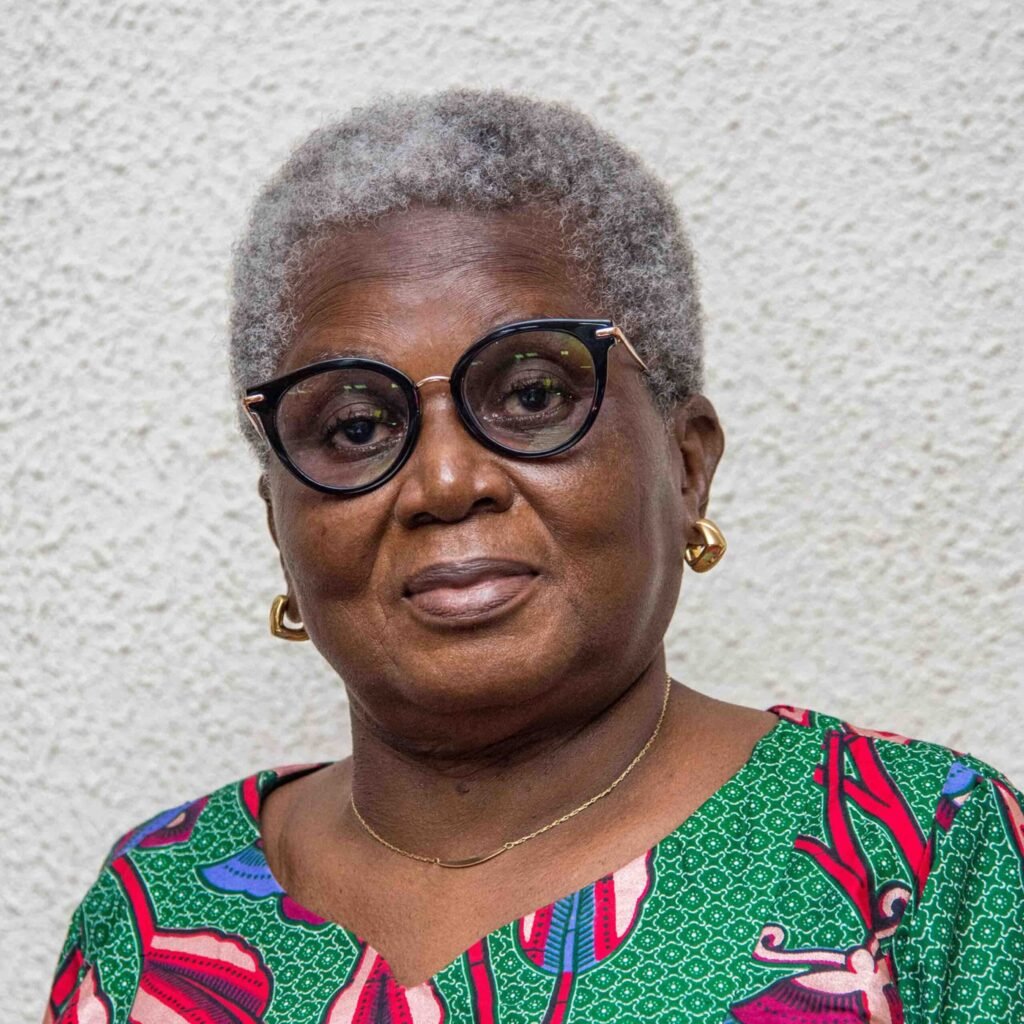
Although Judicial Council proceedings are meant to be confidential, Ohene justified her decision to speak out, saying the gravity of the situation demanded openness. “If I am breaking any laws by writing about things that I got to know as a result of having served on the Judicial Council, I plead guilty,” she stated.
“We are in extraordinary times. It isn’t every day that a Chief Justice is removed,” she said, stressing that the removal had done lasting damage not just to the office of the Chief Justice but to the entire judiciary. According to Ohene, the event should not be viewed as an isolated political victory but as a blow to the democratic architecture of Ghana.
She concluded with a sobering warning that Ghana’s democracy cannot thrive when its judiciary is undermined. By discarding a Chief Justice on grounds that remain deeply contested, she argued, the nation had chosen a path that weakens one of its most vital institutions.
READ ALSO: Rex Omar Affirms Black Star Experience Embraces All Artists






